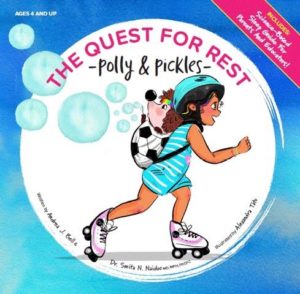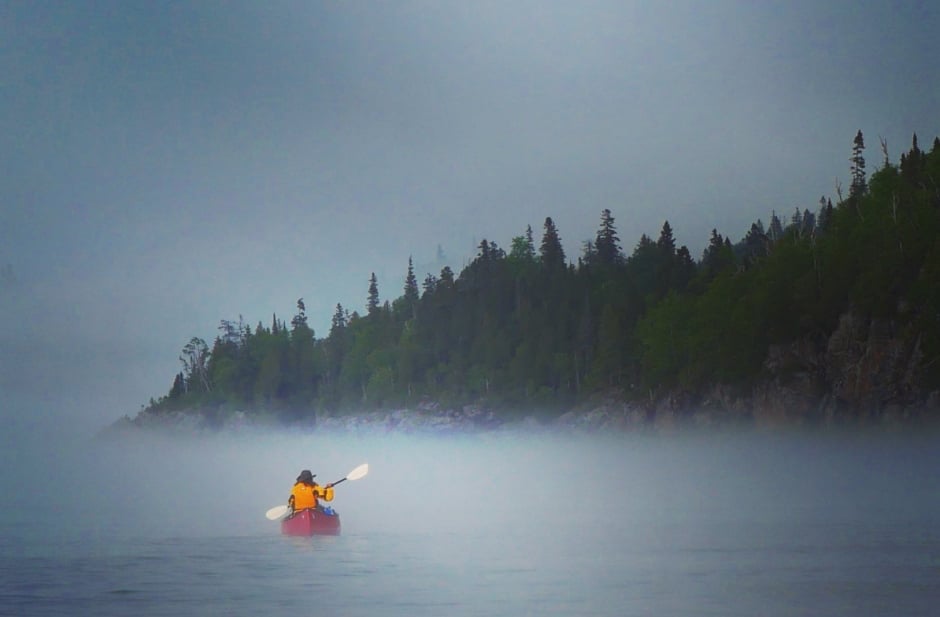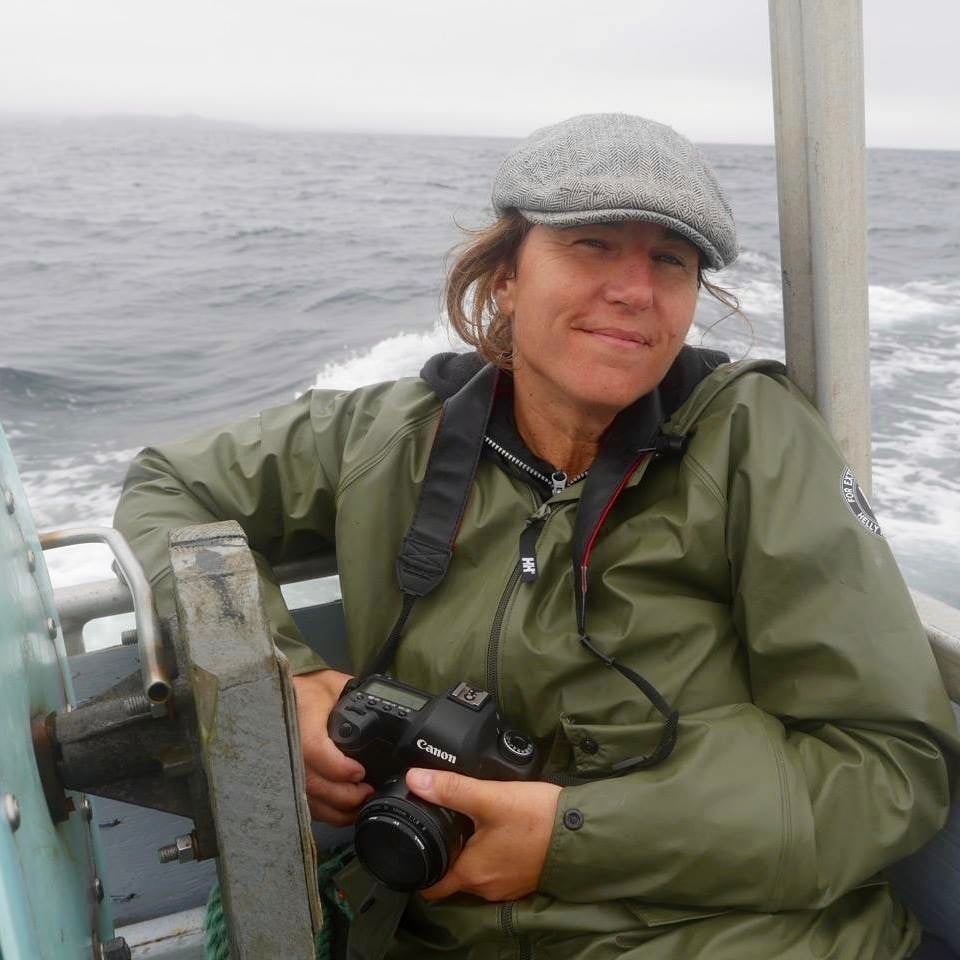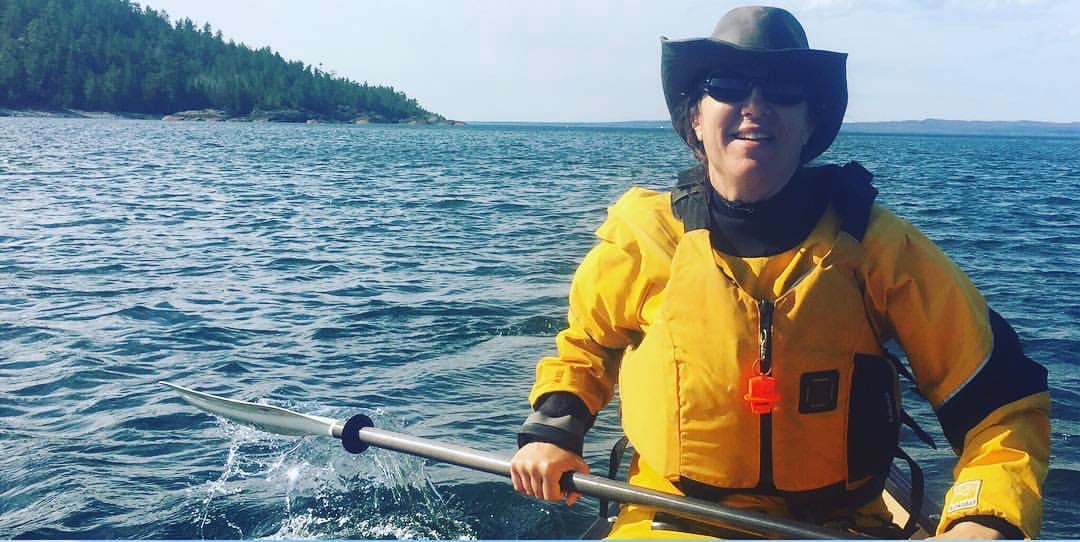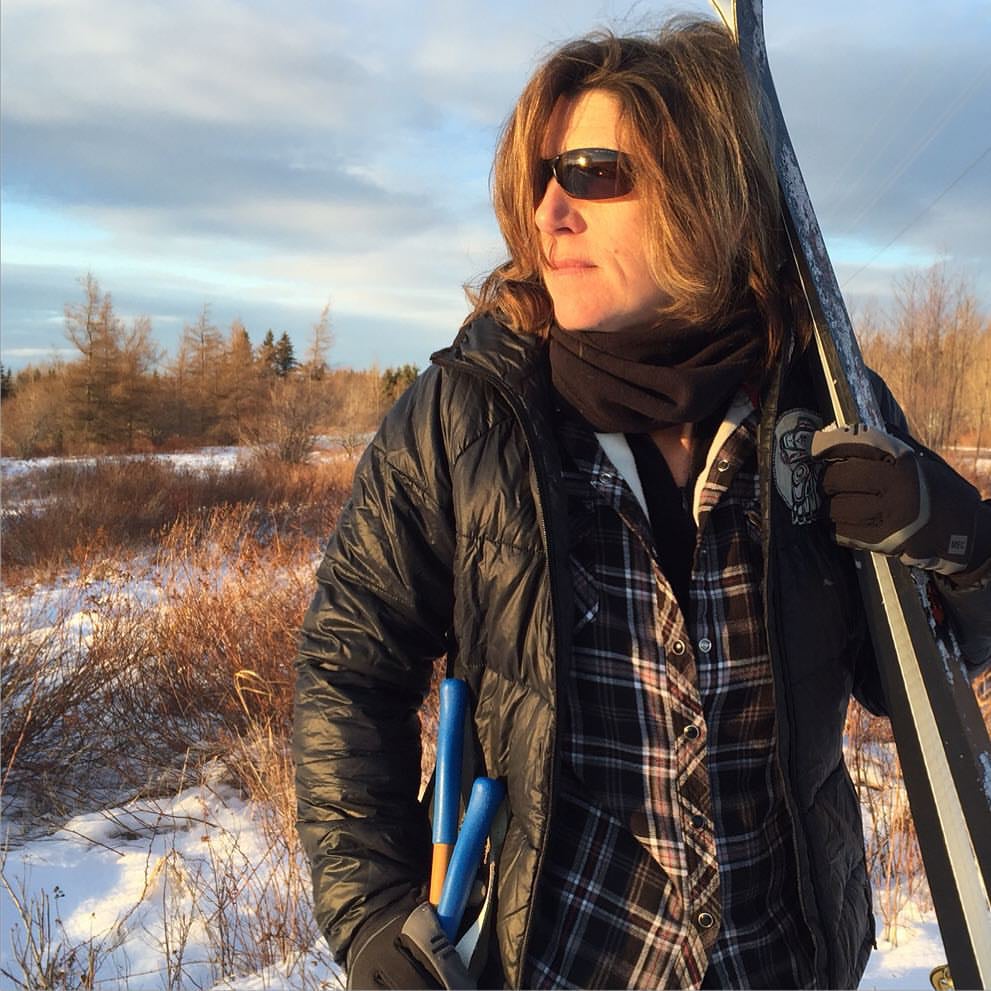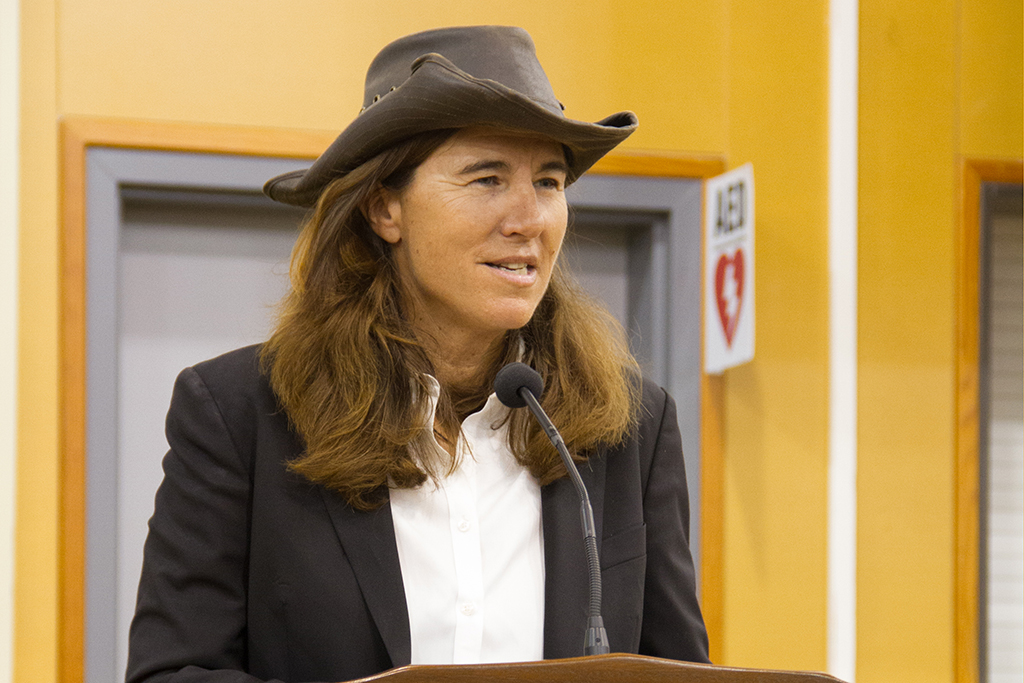
Starting a small business in the middle of a pandemic can be a daunting prospect but for three Yorkies Joyce Chen, Phoenix Lai, and Lisa Mo from the Class of 2014, it has been the silver lining in an otherwise challenging year.
- Please tell us how Moon Milk Creamery came into existence?
Joyce, Phoenix, and I have been childhood friends since our Junior School days at YHS. However, we went to different colleges, studied different majors, worked in different cities, but we all happened to reconnect upon our return home to Vancouver due to COVID. Moon Milk Creamery started from wanting to create something positive during a negative time with an inclusive and welcoming brand message. We really enjoy coming together with our different backgrounds, but with a common love for delicious treats: creamy, dairy-free ice cream!
2.What were your next steps for all of you after graduating in 2014?
Lisa: After graduating from YHS in 2014, I studied Business Administration at the University of Southern California. Throughout college, I was heavily involved in a student-run Marketing agency on campus, which worked with small businesses. This inspired me to dream of having my own business one day.
Joyce: Similar to Lisa, I also studied Business Administration at Boston University. I concentrated in Accounting, but was heavily involved with the School of Hospitality since I was interested in the service industry, specifically in Food and Beverage. I loved the feeling of seeing people happy, whether it was from excellent food or service.
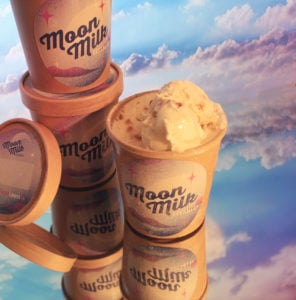 Phoenix: Graduating alongside Lisa in 2014, I studied Industrial Design at Pratt Institute and continued to work in New York for a few years in the design field. I have always had a passion for food, thought about attending culinary school at some point, and wanted to start something I could be personally invested in, so Moon Milk Creamery became the manifestation of those aspirations—and with the right people, the stars aligned!
Phoenix: Graduating alongside Lisa in 2014, I studied Industrial Design at Pratt Institute and continued to work in New York for a few years in the design field. I have always had a passion for food, thought about attending culinary school at some point, and wanted to start something I could be personally invested in, so Moon Milk Creamery became the manifestation of those aspirations—and with the right people, the stars aligned!
- Why did you decide on the vegan ice cream business?
When we first agreed upon starting a vegan ice cream business, we dreamed of starting a brand that was retro-futuristic. On one hand, we really believe in learning from traditional artisanal techniques. On the other hand, we understand the future of food is plant-based, sustainable, and inclusive.
Interestingly enough, the three of us are not vegans, but we believe that everyone (and the environment) can benefit from a plant-based diet. Little steps such as changing what you snack on or what ice cream you indulge in could help both your body and lessen your carbon footprint. There are some great options in the market for vegan ice cream in Vancouver, however, we hope to bring more exciting flavours to the table so that non-vegans can enjoy plant-based ice cream as well. It’s been really motivating for us when we see people try our product and are surprised to hear that it is vegan and completely dairy-free!
- Describe what each of you brings to the table? Who does what?
Phoenix is an extremely talented designer and has always wanted to attend culinary school. Therefore, she leads our visual branding and product development. Joyce is a CPA and is responsible for our finances and ensures we have enough resources to execute our vision. I develop and carry through our marketing strategy so that Vancouver knows about our wonderful product!
We bring different but equally important perspectives to the drawing board to make what started as a passion project into a viable business.
- When you reflect on your years at York House as a student, is there any particular memory that has stayed with you and continues to guide you.
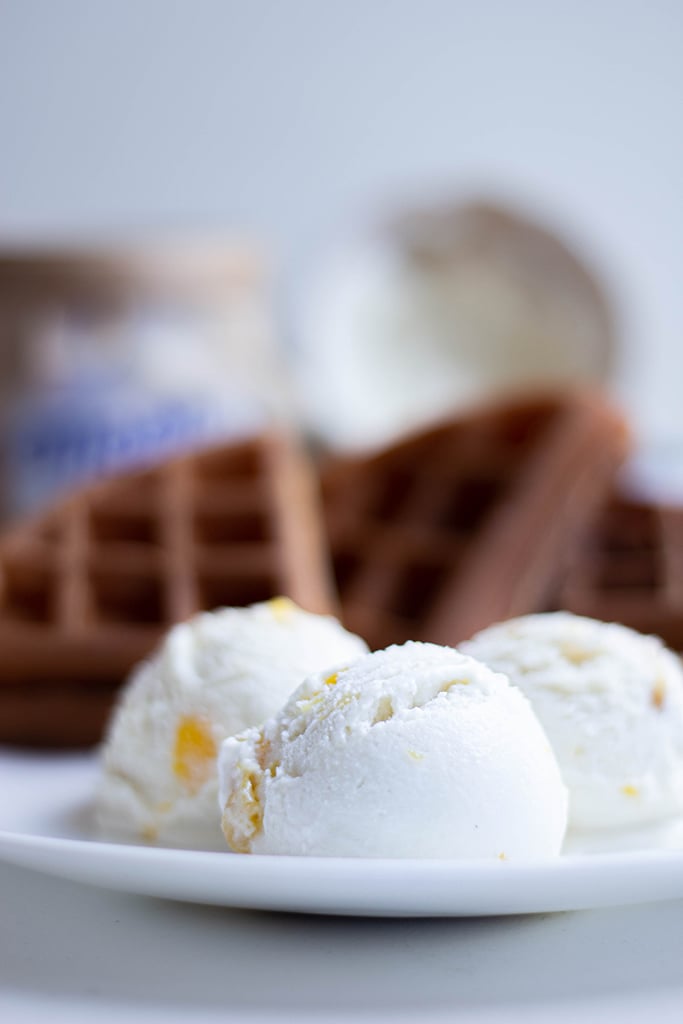 Lisa: Looking back at my time at YHS, I’m very grateful for the small class sizes and encouraging teachers, because it allowed for a very collaborative atmosphere that taught me how to contribute ideas effectively and synergistically work with differing perspectives. More importantly, a lot of the discussion-based classes (such as Mr. Rob’s English classes) sharpened my ability to be a thoughtful communicator. Lastly, in my senior years at YHS, I remember being exposed to the idea of social entrepreneurship, and the notion that businesses should be guided by a social mission still resonates with me today.
Lisa: Looking back at my time at YHS, I’m very grateful for the small class sizes and encouraging teachers, because it allowed for a very collaborative atmosphere that taught me how to contribute ideas effectively and synergistically work with differing perspectives. More importantly, a lot of the discussion-based classes (such as Mr. Rob’s English classes) sharpened my ability to be a thoughtful communicator. Lastly, in my senior years at YHS, I remember being exposed to the idea of social entrepreneurship, and the notion that businesses should be guided by a social mission still resonates with me today.
Joyce: Creating a sustainable product that lowers a consumer’s carbon footprint is important to me and stems from some of the best memories made at YHS. I want generations after me to experience what I could during these outdoor education camps.
Starting from 4th Grade, I remember participating in the annual outdoor education camps. It’s truly such a unique program that taught me to appreciate the world we live in and the natural beauty that it holds. I still recall the initial feeling of awe and peace wash over me when I sat on a cliffside journaling away during morning meditation, and the feeling still lingers within me when I see the colourful fall leaves and snow-capped mountains in the background.
As clichéd as it sounds, there’s really no place like Vancouver. It is such a unique and wonderful place that encourages me to play my role, in whatever small ways I can, to preserve the land so that others after me can also experience similar gratitude and admiration. This is why it’s important to me to create a plant-based product that is kind to the earth, so we can sustain the beauty for future generations to come!
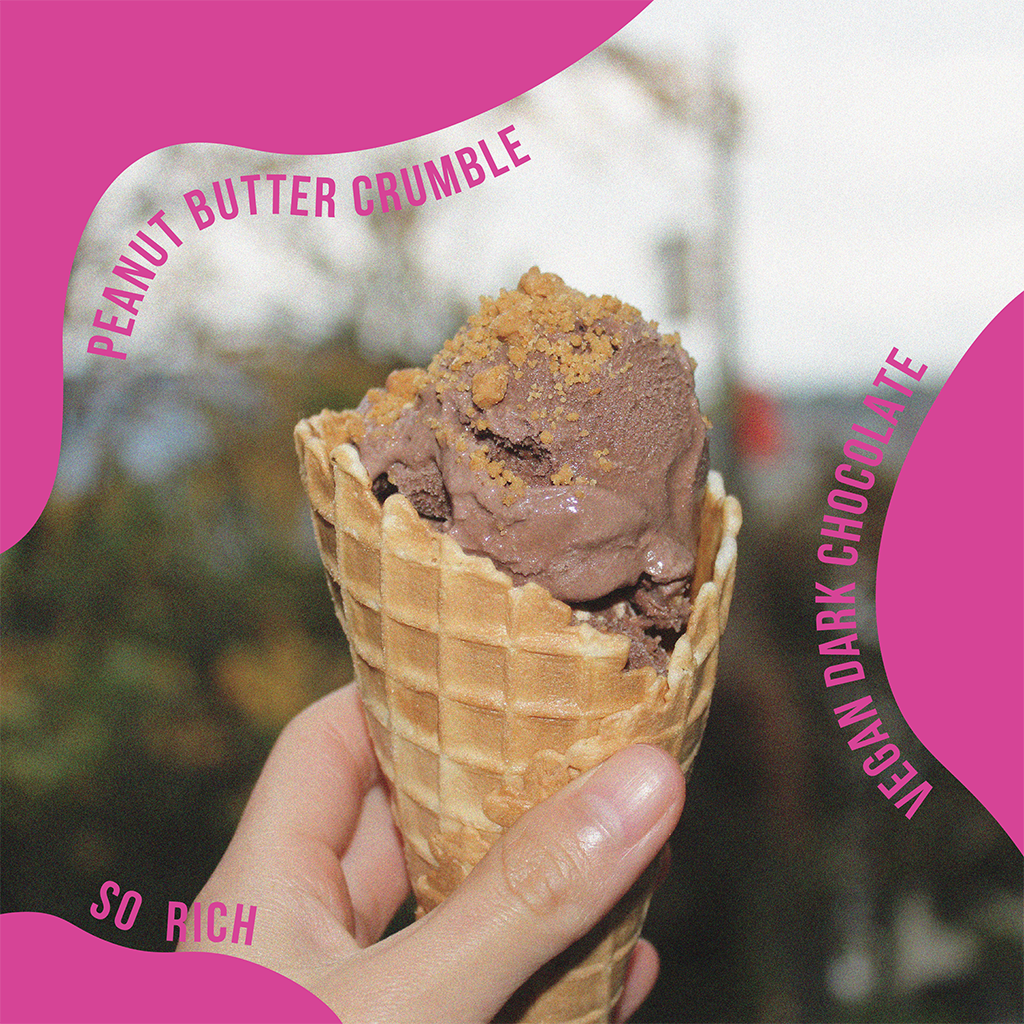 Phoenix: It’s hard to pinpoint specific moments, but York House definitely created an environment where I cultivated some very special relationships, memories, and life lessons that still guide me to this day. Looking back at it now, our school experience was very unique compared to most, which can allow us to see the world in different ways. To believe in things larger than just ourselves, but to still believe in ourselves as strong women in this world, and a willingness to explore worlds outside our own. These values from years at York House have shaped my outlook on life, and in terms of Moon Milk Creamery, pushed me to design for the future.
Phoenix: It’s hard to pinpoint specific moments, but York House definitely created an environment where I cultivated some very special relationships, memories, and life lessons that still guide me to this day. Looking back at it now, our school experience was very unique compared to most, which can allow us to see the world in different ways. To believe in things larger than just ourselves, but to still believe in ourselves as strong women in this world, and a willingness to explore worlds outside our own. These values from years at York House have shaped my outlook on life, and in terms of Moon Milk Creamery, pushed me to design for the future.
- What are your plans and aspirations for your company?
At the core of our business, we hope to introduce delicious and exciting flavours to the vegan ice cream market so that more people will give vegan ice cream a chance (and with time, maybe vegan ice cream can become the new norm!). For vegan consumers, we hope to add a new cultural experience with our unexpected flavour combinations, and also be the best ice cream they ever tasted!
In the near future, we hope to work with local plant-based cafes, grocery stores, and restaurants so more people can try our product! A big milestone for us would be to get on the shelves of Whole Foods across Canada.
For the “inside scoop” on Moon Milk Creamery, visit moonmilkcreamery.com and follow @moonmilk_creamery on Instagram!
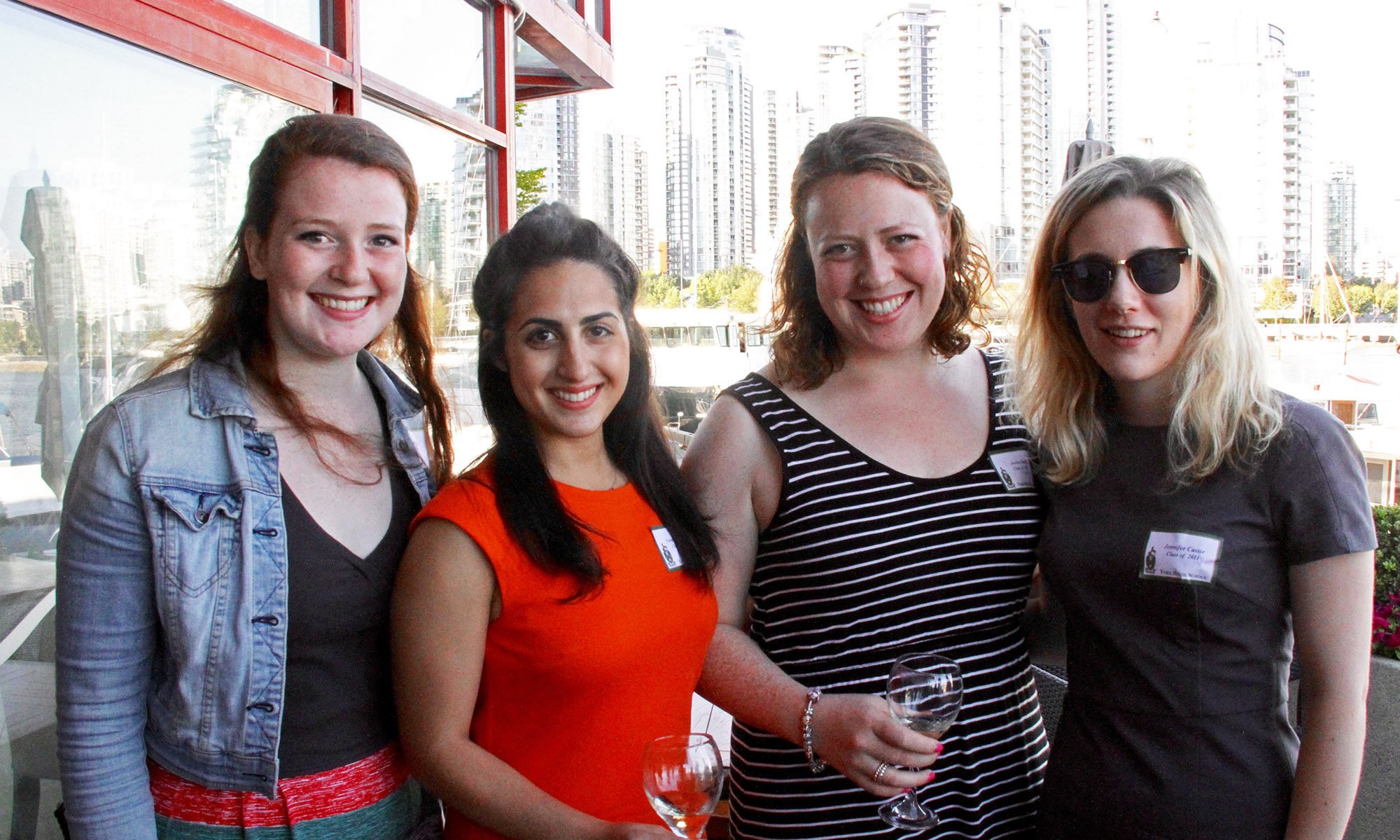
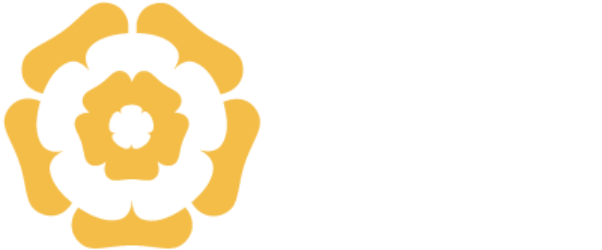
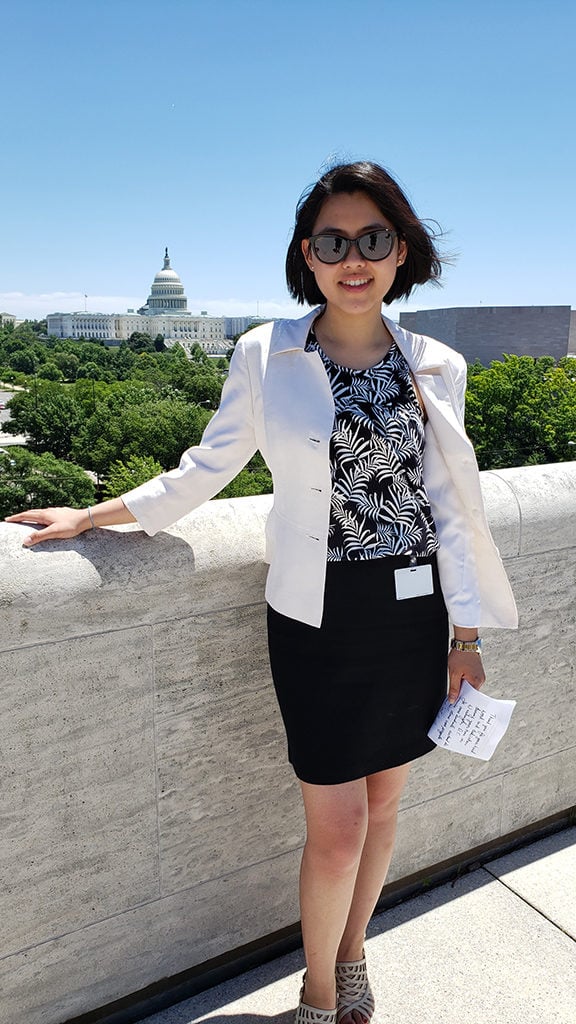
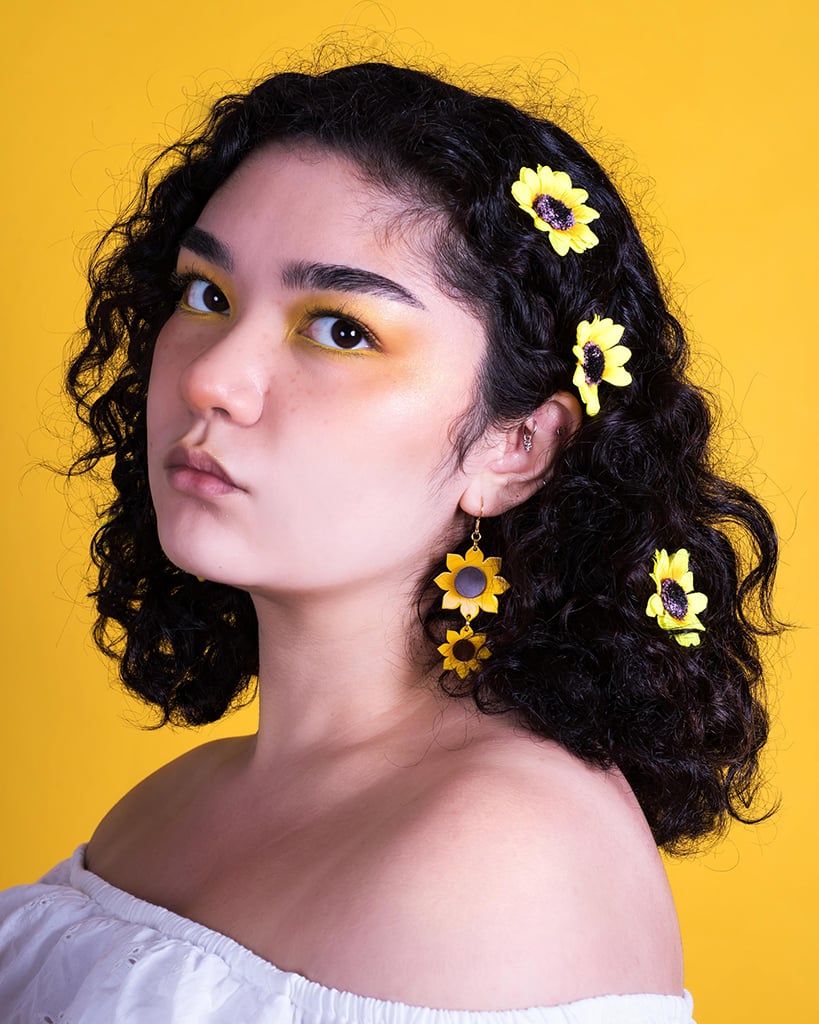 A graduate from 2018,
A graduate from 2018, 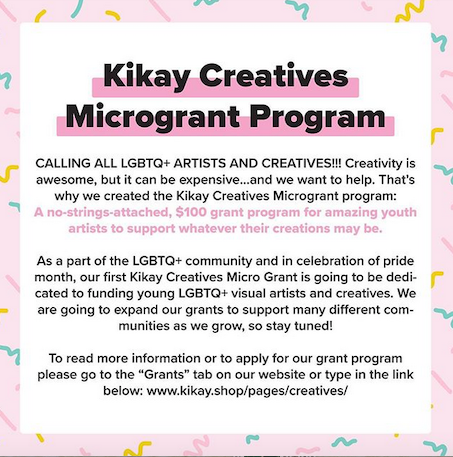
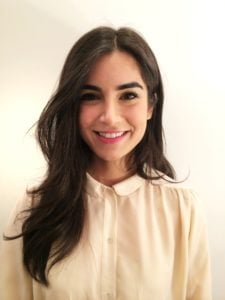 You graduated from YHS in 2007. Where did your post-YHS journey take you?
You graduated from YHS in 2007. Where did your post-YHS journey take you?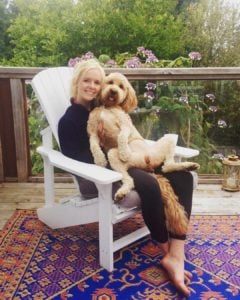 Ashley, you were matched with mentor Shannon Trainor from the Class of 2005. Tell us about your experience and why you wanted a mentor?
Ashley, you were matched with mentor Shannon Trainor from the Class of 2005. Tell us about your experience and why you wanted a mentor?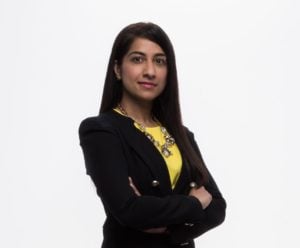
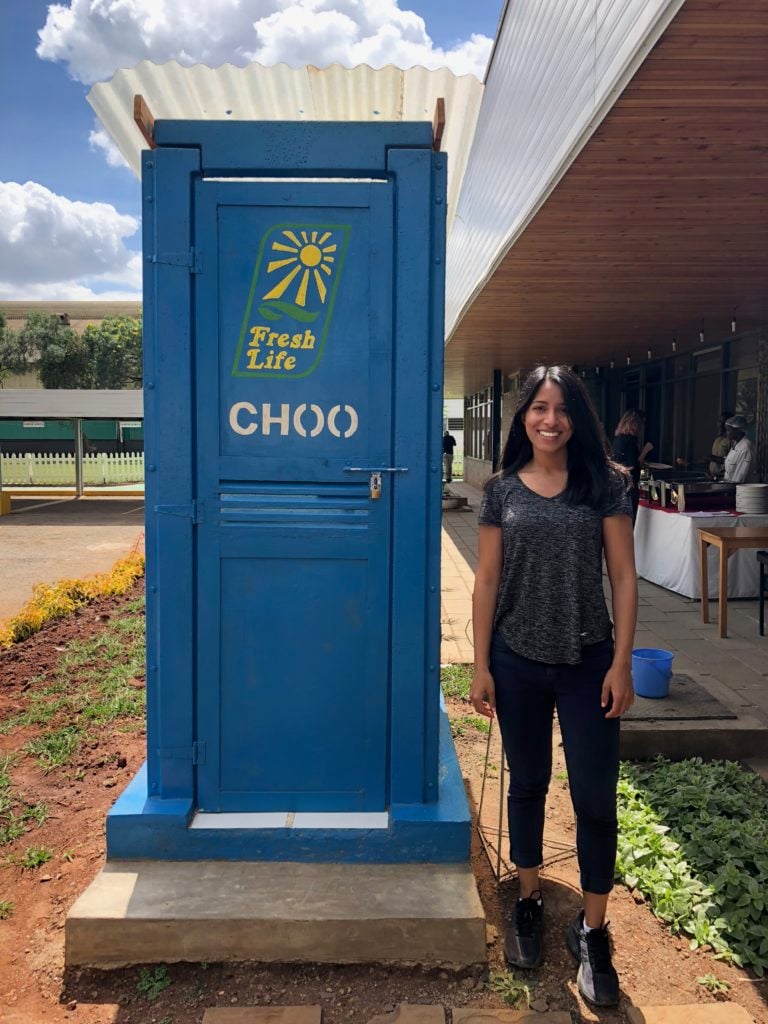 Jenna Hussein, Class of 2011 in Nairobi
Jenna Hussein, Class of 2011 in Nairobi 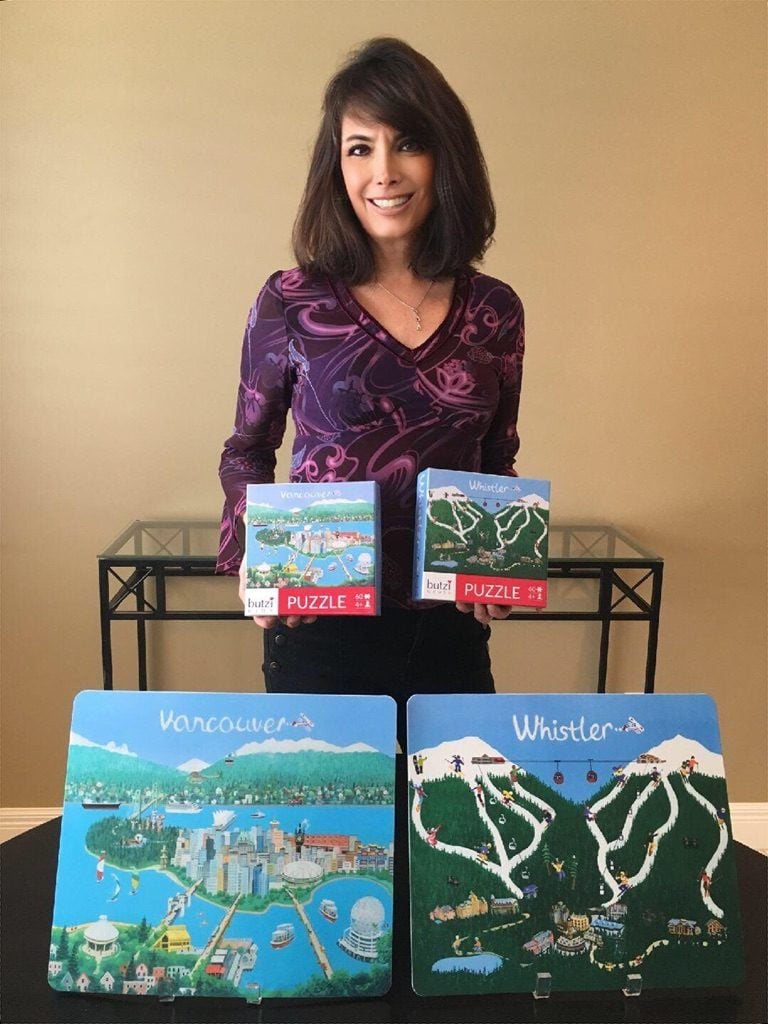
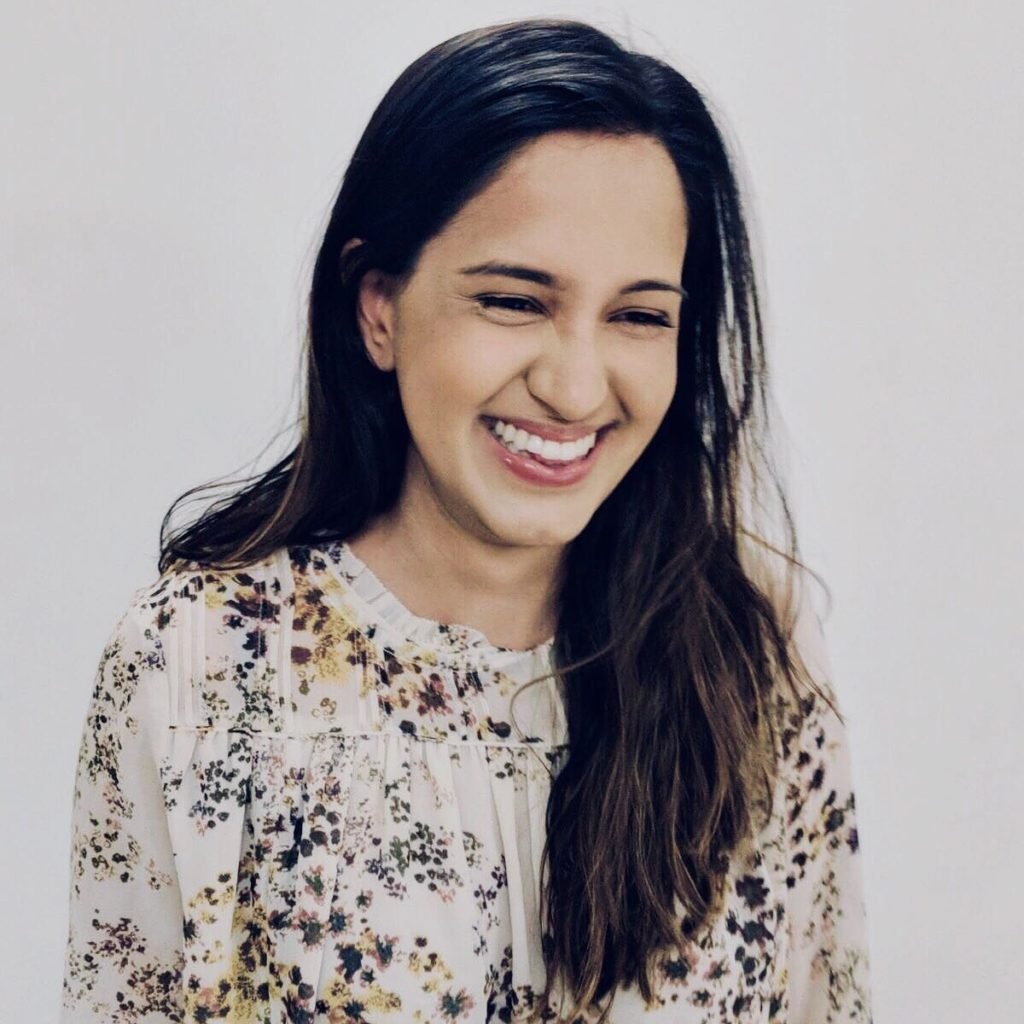 Natasha Ratanshi Stein ’09
Natasha Ratanshi Stein ’09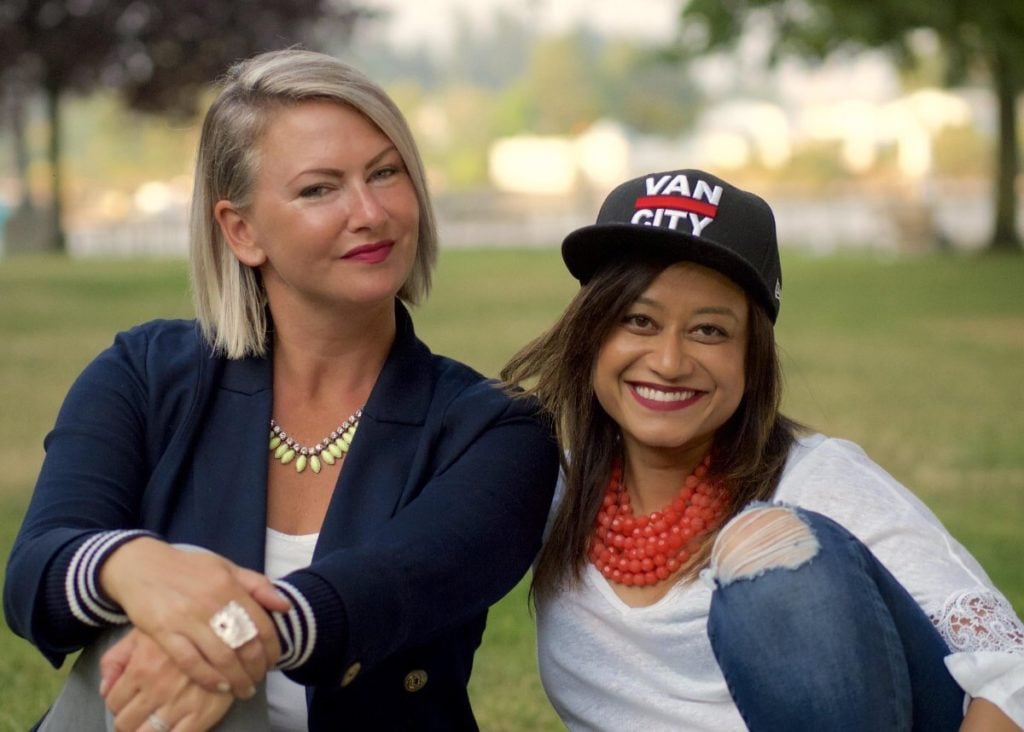 Smita (R) pictured with her friend and business partner, Andrea Bell.
Smita (R) pictured with her friend and business partner, Andrea Bell.